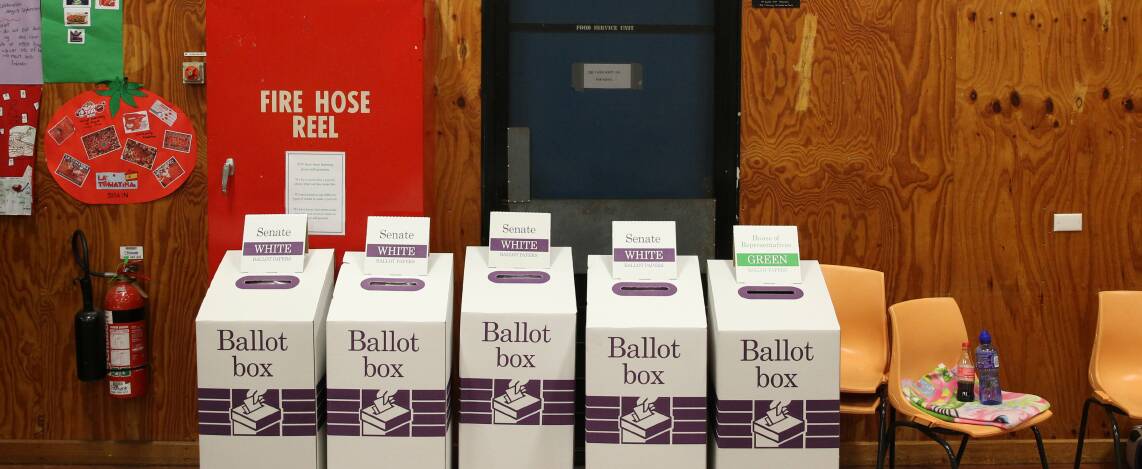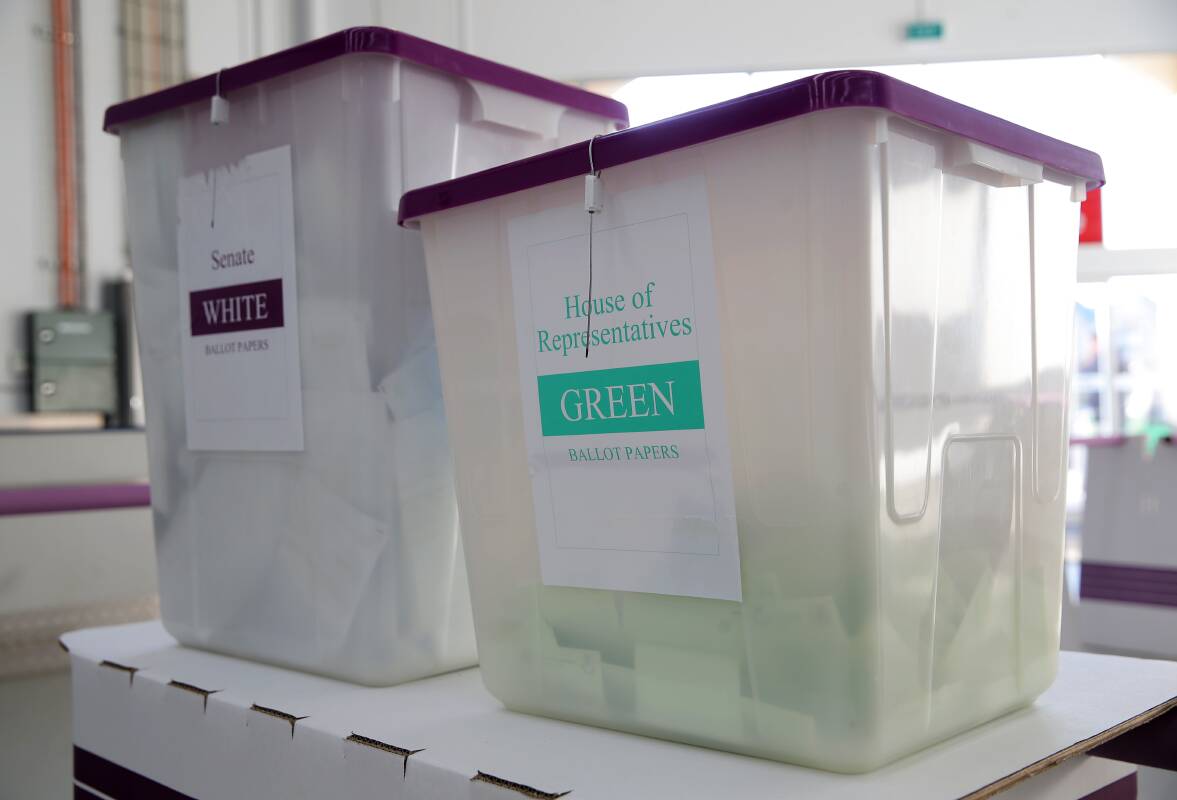
EVEN with the dominance of the Liberal-Nationals Coalition and the Australian Labor Party, the numbers of minor-party and Independent members in the Senate and the House of Representatives highlight the importance of preference allocation and election-day "how to vote" cards.
With her trademark fury, Pauline Hanson hit out on Thursday after the Coalition preferenced the Jacqui Lambie Network ahead of One Nation in Tasmania.
The fact Ms Hanson can even horse-trade with the majors shows how much things have changed since John Howard, as prime minister, demanded One Nation sit at the bottom of his party's how-to-vote cards in 2001.
The wheeling and dealing over preferences was traditionally less of an issue in the Hunter, given Labor's iron grip on all seats bar Paterson.
The 2019 results, however, should have been a regional wake-up call for the ALP. In Hunter, Joel Fitzgibbon's primary vote collapsed to 37.86 per cent from 52.45 per cent in 2016, where the preference count was academic, given that 50 per cent plus one vote secures victory.
Sharon Claydon in traditionally safe Newcastle saw her primary vote slide from 47.12 per cent to 45.73 per cent. In Paterson, Meryl Swanson's 46.92 per cent in 2016 fell to 41.58 per cent in 2019.
Pat Conroy in Shortland was the only one to hurdle the bar cleanly, winning 51.31 per cent of first preferences, well up on his 41.24 per cent previously.
Most focus now is on Hunter, where mining businessman Dale McNamara has replaced Stuart Bonds for One Nation, with Bonds standing as an Independent.
Their three-way tussle with Nationals candidate James Thomson could make things uncomfortable for Labor's Dan Repacholi, whose background in mining and industry may be as important in Singleton and surrounds as his record as an Olympic shooter.
Newcastle Liberal councillor Katrina Wark would hope to improve on the 29.21 per cent in first preferences she secured last time against Ms Claydon but the Liberal Party's main focus - and the visible support of Prime Minister Scott Morrison - lies with Brooke Vitnell in Paterson, and then Nell McGill in Shortland.
Ultimately, with "above the line" voting available only in the Senate, the real test of preference swaps lies in how closely, or otherwise, Australia's 16 million or so voters follow their candidate's or party's instructions on polling day.
ISSUE: 39,860








